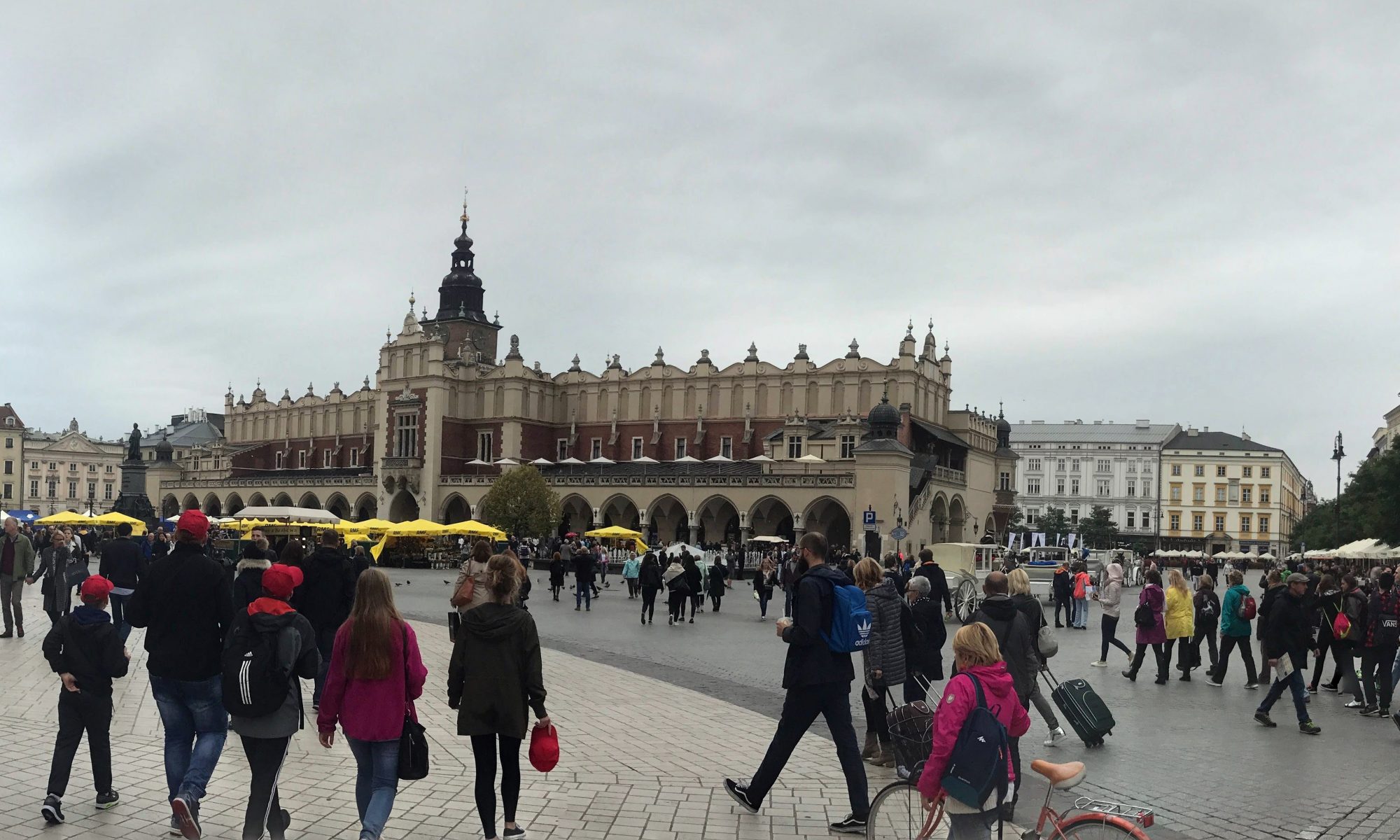Are there logical divisions within the global whole of social interactions and systems that permit us to focus on a limited, bounded social reality? Is there a stable level of social aggregation that might provide an answer to the "units of analysis" question in the social sciences? This is a question that has recurred several …
Disaffected youth
Every city seems to have its floating population of disaffected youth -- school dropouts, occasional workers, drug users, skateboarders, hooligans, street people. How much of a problem is this? What are its dimensions? What are the social causes that influence the size and nature of this population in Detroit, Manchester, Cologne, or Novosibirsk? And are …
What is a peasant?
Quite a bit of China's history has been framed in terms of the role of the "peasant" in Chinese society. Historians consider the features of the peasant economy; they examine the occurrence and dynamics of peasant rebellions and peasant mobilization; they ask about peasant culture and consciousness. What is a peasant? Is it a sociologically …
Components of one’s "social identity"
A social identity is a complex thing. It involves the ways in which one characterizes oneself, the affinities one has with other people, the ways one has learned to behave in stereotyped social settings, the things one values in oneself and in the world, and the norms that one recognizes or accepts governing everyday behavior. …
"Moral economy" as a historical social concept
The concept of a "moral economy" has proved useful in attempting to describe and explain the contentious behavior of peasants in response to onerous social relations. Essentially, it is the idea that peasant communities share a set of normative attitudes concerning the social relations and social behaviors that surround the local economy: the availability of …
Continue reading ""Moral economy" as a historical social concept"
The reality of society
We sometimes speak of "global society", we refer to "French society"; and we also think of face-to-face organizations and neighborhoods as small societies or social groups. There is an important conceptual point in the background in these common ways of speaking: what are the features of interaction or relationship that must obtain in order for …
How can race be a cause of something like asthma?
Though I've posed this posting around the question of "race and asthma," the question here isn't really about public health. It is rather concerned with the general question, how can a group characteristic be a causal factor in enhancing some other group characteristic? Suppose the facts are these: that African-Americans have a higher probability of …
Continue reading "How can race be a cause of something like asthma?"
Impersonal social causes?
There is a substantial place in social causation for mechanisms that link the intentions of powerful actors to the specific features of the outcome. "The outcome came about because the powerful actor wanted it to." Why are there no petroleum refineries in mid-town Manhattan? Because zoning and planning boards have deliberately excluded such activities. But …
A "peasant" revolution?
The Chinese communist party became a peasant revolutionary party after the spectacular destruction of the urban basis of the movement by Chiang Kai-shek in Shanghai in 1927. But who and what was a peasant, and how did this group become a revolutionary group? In one sense the answer is obvious. China's population consisted of a …
Explaining large social formations: fascism
In a previous post I discussed the problem of explaining fascism. Let's return to this issue as a topic for historical and social inquiry. There are clearly a number of different explanatory questions we might have in mind: why did fascist movements emerge and gain popular support in the first three decades of the twentieth …
Continue reading "Explaining large social formations: fascism"
